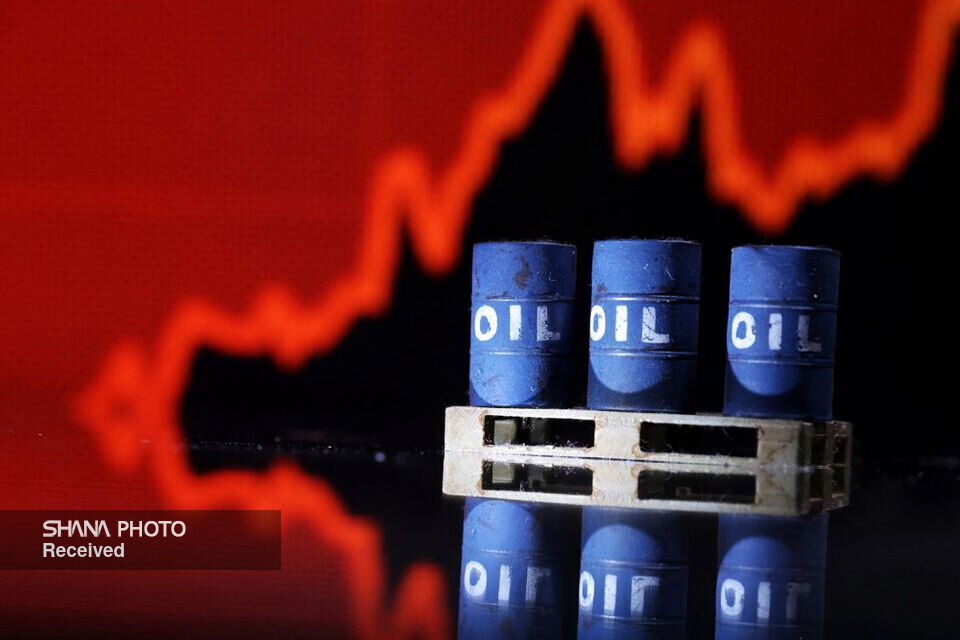While most of analysts had predicted that the reduction would remain unchanged at the 48th Meeting of the Joint Ministerial Monitoring Committee (JMMC) on April 3, 2023, OPEC+, in a shocking move, announced on April 2 voluntary plans for additional 1.66 mbd cuts – accounting for around 3.7% of global supply if 2 mbd reduction calculated – from May 1 to December 31, 2023.
According to official statements, Saudi Arabia said it will cut output by 500,000 bpd while Iraq will reduce its production by 211,000 bpd.
The United Arab Emirates said it will cut production by 144,000 bpd, Kuwait announced a cut of 128,000 bpd while Oman’s cut will be 40,000 bpd and Algeria’s 48,000 bpd. Kazakhstan will also cut output by 78,000 bpd and Gabon will reduce by 8,000 bpd.
Furthermore, Russia had earlier said it would extend a voluntary cut of 500,000 bpd until the end of 2023, in response to the introduction of price caps by the Group of Seven (G7), the European Union (EU) and Australia.
Political issues and status quo are the reasons behind the recent move. From political aspect, the West has tried to reduce Russia’s revenues through imposing sanctions on imports of crude oil and other products from the country and introducing price caps since the war in Ukraine broke out. Although Russia has to some extent managed to sell its products at lower prices by changing its export routes to Asia, particularly India and China, its revenues have sharply dropped, and the fall in oil prices have exacerbated the situation for the country.
Pushing for oil price hikes with the aim of earning previous revenues was not possible without other OPEC+ producers’ cooperation. Considering that the Riyadh-Washington ties are far from their relations in the past due to Trump’s loss to Biden in the presidential election and Saudi policies adopted by Crown Prince Mohammad bin Salman, the kingdom has sought to have closer relations with China and Russia. So, Riyadh has agreed on recent oil output cuts to meet its financial needs for implementing its ambitious projects and promote its cooperation with Moscow.
Although some pundits have cited political issues as main reasons behind the OPEC+ move, the oil market situation also prompted the alliance to make the decision.
The price of global oil benchmark Brent, which topped $130 a barrel in early March 2022, witnessed a downward trend and nosedived to about $80 at the end of the year. The descending path caused Brent to slip to some $71 in mid-March 2023 – $55 less than its rate in the same month last year.
In a nutshell, the reasons behind the plunge are concerns about recession in the U.S. and Europe, recent banking crisis, Russia’s lower-than-expected production and exports, increase in oil storage, and also lower-than-expected demand.
Based on statistics, supply has exceeded demand in the past months. On the other hand, China’s lower-than-expected demand after lifting coronavirus requirements dampened hopes of price hikes.
China’s demand for oil is not expected to grow in the second quarter of 2023 either, but predictions say it will increase in the second half of the year.
Given the aforementioned concerns, OPEC+ took the precautionary measure to prevent the possible further fall in oil prices.
The OPEC+ cuts are predicted to cause oil prices to hover around $80 to $90 in the second quarter of 2023.
It is a real possibility that the cuts will end in the second half of this year due to demand growth, as it is a voluntary move and needs no OPEC+ approval.
In the meantime, the rise in oil prices causes a delay in refilling the U.S. Strategic Petroleum Reserve (SPR), of which about 220 million barrels were used last year.
Mehdi Yousefi is an expert at the Institute for International Energy Studies (IIES).
SHANA


Your Comment